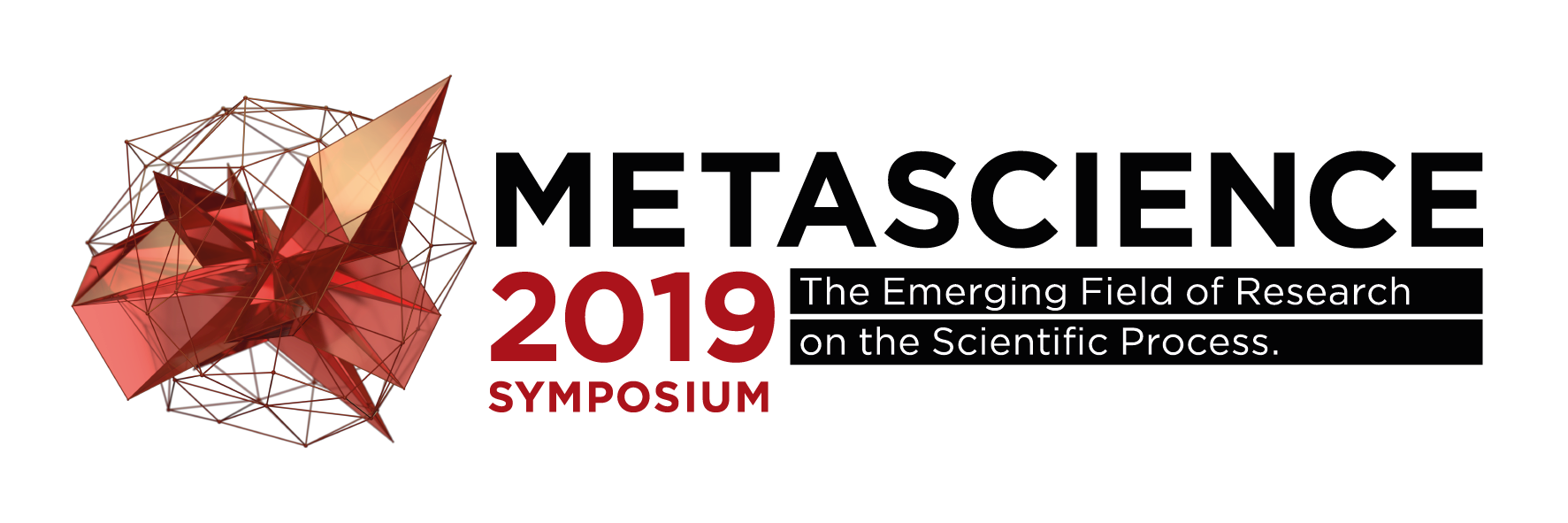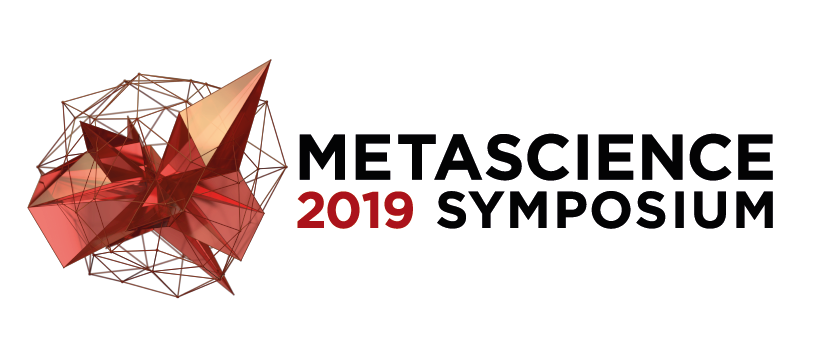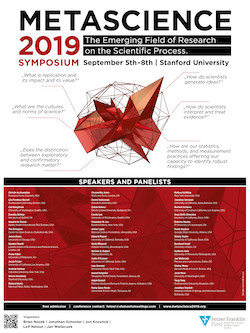Uri Maoz
Chapman University / UCLA / Caltech
Co-Authors: Liad Mudrik, Tel-Aviv University
Closet dualism and neuroscience—the implicit effect of philosophical world view on science
The scientific method strives to approach truth despite biases and worldviews of scientists. Science further increasingly challenges intuitive concepts like the relations between brain and mind (for neuroscience). Thus, while few neuroscientists openly endorse Cartesian dualism, dualistic intuitions appear in prominent neuroscientific texts. We focus on the “double-subject fallacy”—treating the brain and person as two independent subjects simultaneously occupying divergent psychological states with complex interactions: “my brain knew before I did”. Rather than harmless, metaphorical, or figurative short-hand, such confused writing can be seriously misleading. It further demonstrates the deep roots of dualistic intuitions in contemporary thought, affecting even the most rigorous practitioners of the scientific method. As science increasingly attempts to study high-level concepts—like consciousness and free will—such implicit confusions grow ever more problematic and disruptive.




